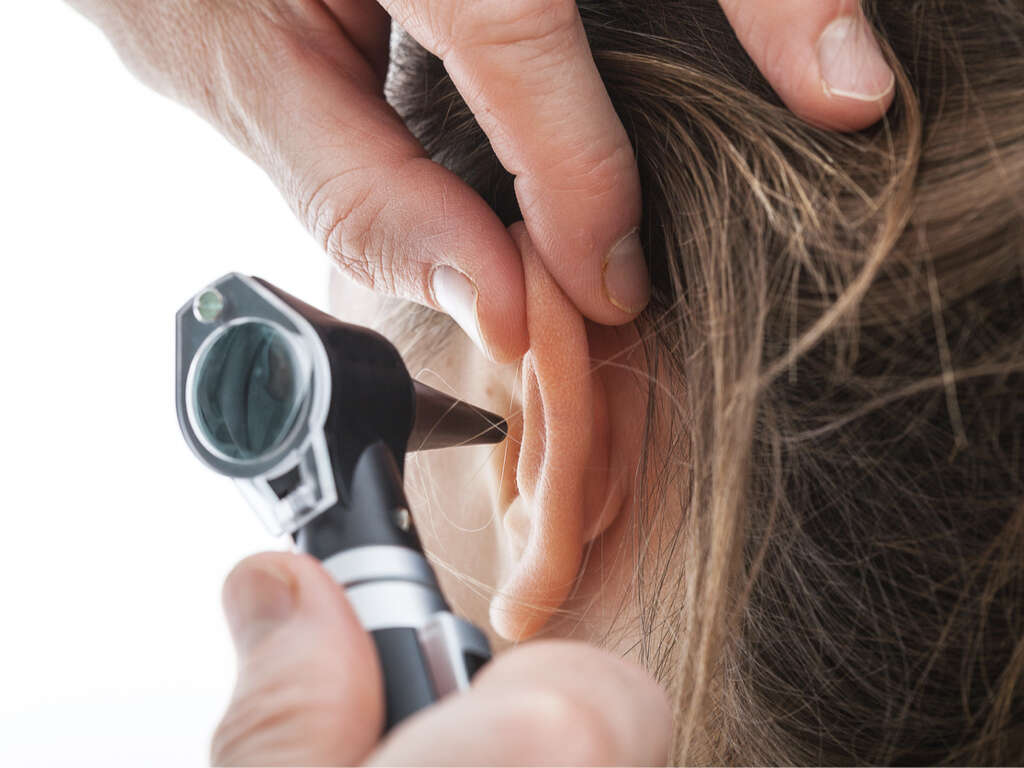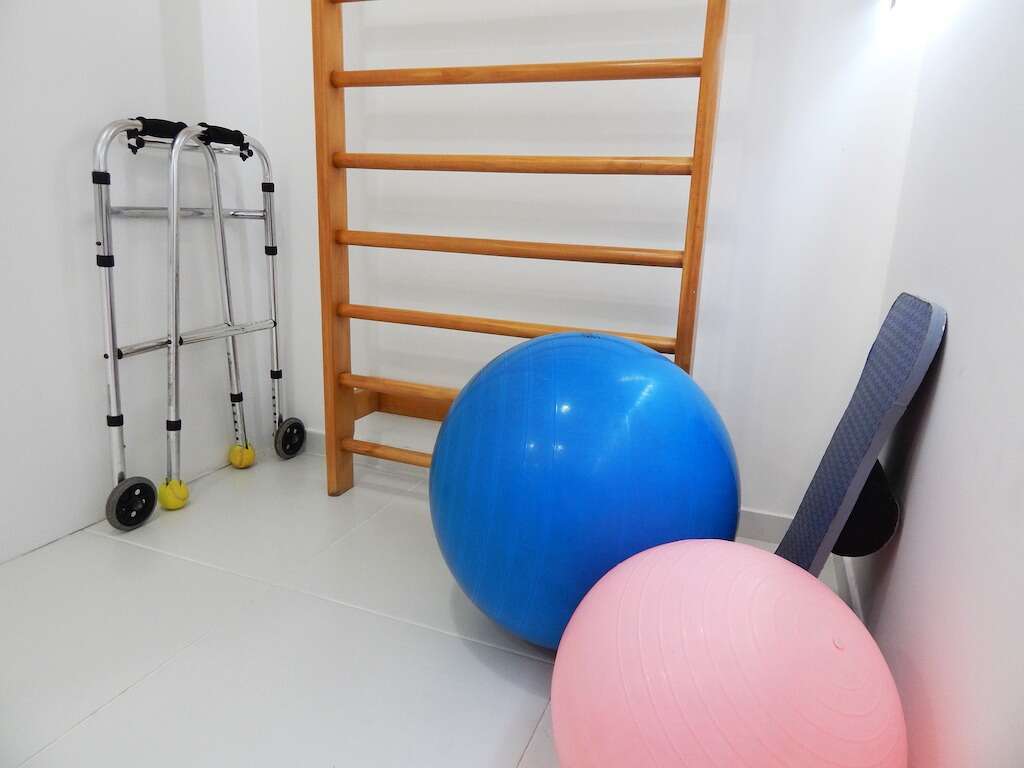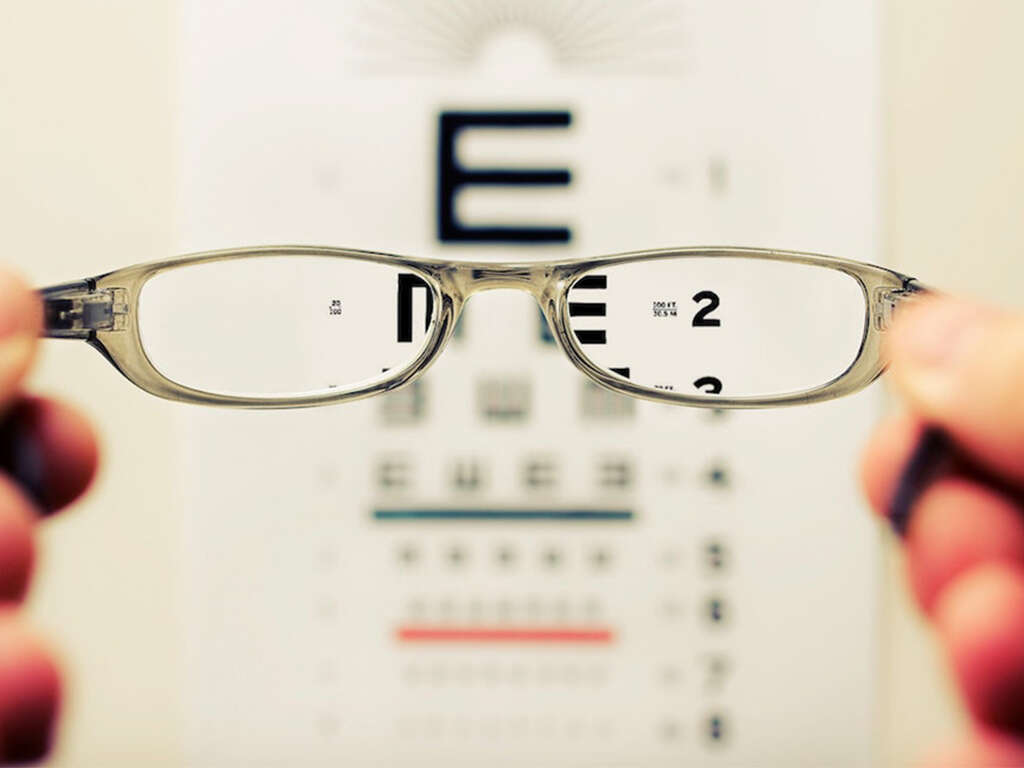10 Vertigo Causes
Vertigo is a very specific type of dizziness that most of us have experienced at least once in our lives, but not all of us know how to identify or where it comes from. Vertigo is an intense feeling of motion or movement, like you were being dropped down one of those elevator rides at a theme park, which can occur when you’re motionless.
Most people experience vertigo in short bursts and rather infrequently. However, for some people, it can last for hours or even days. In the more serious cases, people may experience nausea, vomiting, or an increased heart rate accompanying the unpleasant sensation.
There are two types of vertigo: central vertigo, which is caused by damage to the nervous system, and vertical vertigo, which is caused by issues in the inner ear. The latter type is far more common. Today we’re going to look at some of the things that can cause vertigo. This can help you better understand if you’re in need of medical treatment or if you’re just experiencing a regular bout of vertigo.
Cause of Vertigo #1: Injuries
If you have experienced a head or a neck injury, you might be more likely to experience some sort of vertigo. This isn’t always a common symptom, but it’s certainly more likely that someone recovering from a recent injury of their head or neck will experience vertigo.
It’s generally believed that vertigo caused by injuries will go away as the injury goes away. However, if you still experience chronic vertigo after your injury has disappeared, it may be a sign that you have damaged a nerve or blood vessel in your ear. If this is the case, you should seek medical attention.
Cause of Vertigo #2: Ear Surgery
While it’s not a frequent occurrence, sometimes people who undergo ear surgery can experience vertigo. In most cases, vertigo will go away after a few days or weeks as the ear canal adjusts to the changes that were made.
However, in serious cases, further medical treatment might be necessary. This can occur if inflammation arises, or if something happened in the surgery that didn’t go as expected. Regardless of whether or not you experience serious vertigo after an ear surgery, it’s important to let the surgeon know about the issue. They’ll be able to determine whether or not you need to be brought back for additional measures, and if not, they’ll be able to ease your worry.
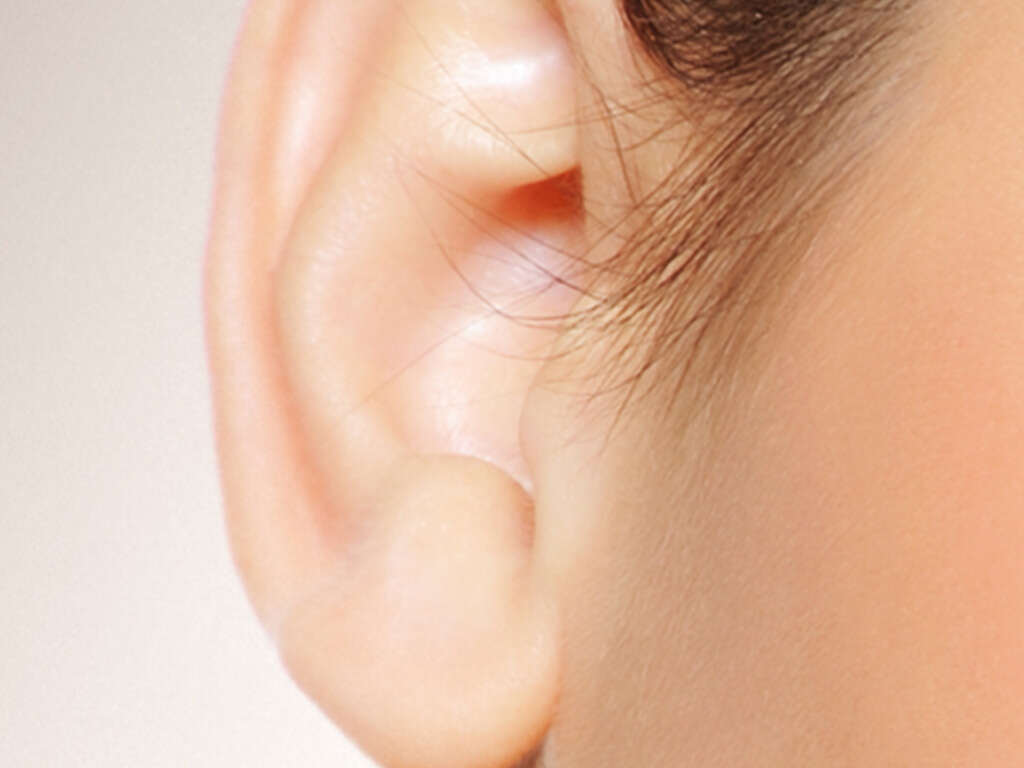
Cause of Vertigo #3: Excessive Time In Bed
Unfortunately for people who like to spend hours in bed when they’re not sleeping, or for people who oversleep, vertigo can occur when you spend too much time in bed. This only tends to occur with chronic oversleeping, so if you catch a few extra hours one morning, you probably won’t experience vertigo.
However, for people who are bedridden, depressed, or who just like lying around all day, vertigo may become a consistent problem in their lives. This is because the ear canal, which is responsible for your balance, adjusts to the angle that you’re at when you’re lying down. When you stand up, it can take a while for it to readjust, which can cause vertigo.
This type of vertigo only occurs for a short time and will stop happening if you get up and are more active.
Cause of Vertigo #4: Traveling
Traveling can certainly cause vertigo, which is interesting because vertigo is most commonly compared to the feelings that someone gets when they’re on an airplane or a boat. Sea sickness and car sickness sometimes persist even after a person gets out of the vehicle.
This is because the transition from a state of motion to standing or walking, which are less intense than vehicular motion, can cause an imbalance in the ear canal. It takes some people a few minutes, or even a few hours (or days, depending on the length of the journey) to readjust to balancing on their own two feet.

Cause of Vertigo #5: Pregnancy
Pregnancy is known to cause vertigo attacks. During pregnancy, these attacks typically occur as a result of changes to the hormonal balance in the woman’s body, as well as changes to the balance of blood sugar.
If these levels are not kept in balance and instead drop significantly below their regular amount, a woman might experience vertigo. The problem can become more significant during the later stages of pregnancy, with movements as simple lying down.
This can occur because, as the baby grows, it may press against one of the veins that’s responsible for carrying blood to the heart. This problem very rarely persists beyond pregnancy and should not be cause for concern.
Cause of Vertigo #6: Illness
There are a number of illnesses that can trigger vertigo. Multiple sclerosis is one condition that’s noted to frequently cause vertigo, and even simple migraines can cause vertigo.
People suffering from diabetes are also more likely to have vertigo attacks if they suffer from atherosclerosis, a hardening of the arteries, which reduces the flow of blood to the brain. This can affect the arteries in the ear canal as well, which can cause dizziness and nausea.
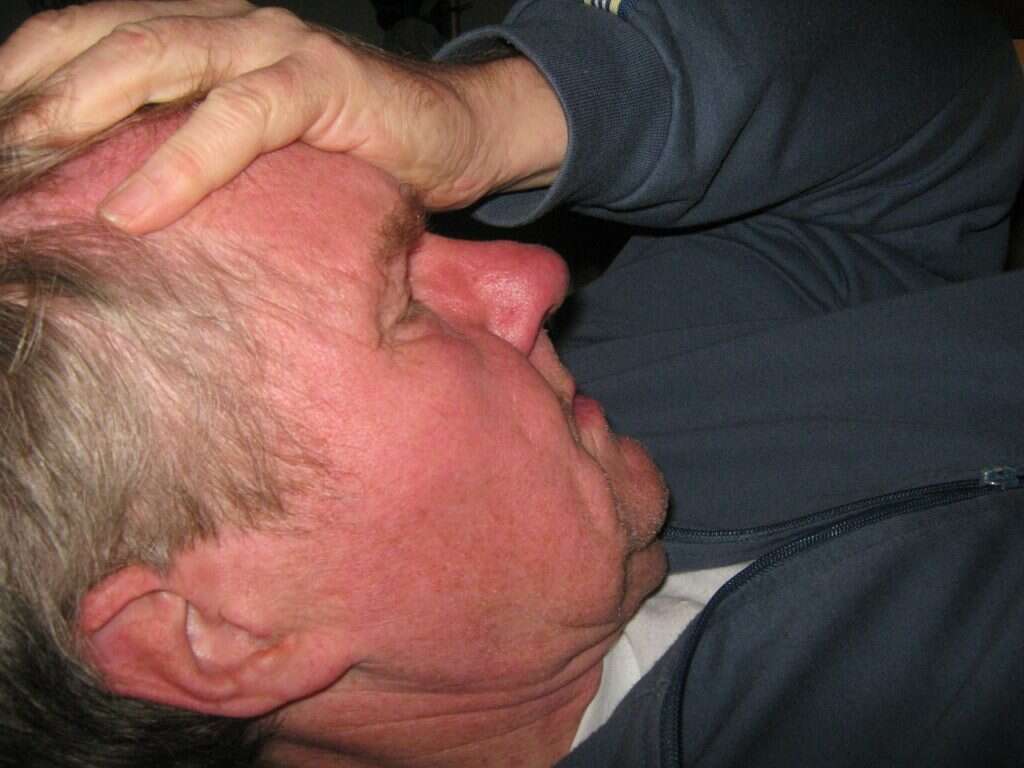
Cause of Vertigo 7: Vestibular Neuritis
Vestibular neuritis is a very scary-sounding term that shares a lot in common with the labyrinthine infection we will discuss in a moment. This form of vertigo affects the vestibule nerve which is located deep within the ear canal.
This nerve connects the ear to the brain, and problems can arise if this nerve becomes infected. There may be inflammation involved. One of the most commonly associated symptoms with this infection is vertigo or dizziness, and in more serious cases, nausea can arise. This issue doesn’t usually cause vomiting or hearing loss.
Cause of Vertigo #8: Migraine Headaches
When people experience vertigo as a result of migraines, it can be a result of many different things. Vertigo caused by migraines can indicate all types of vertigo: short-lasting, episodic vertigo, vertical vertigo, or even a constant imbalance in the aural canals.
It is quite common for people suffering from migraines to experience some sort of dizziness or a sense of spinning.

Cause of Vertigo #9: Benign Paroxysmal Positional Vertigo (BPPV)
BPPV is an actual diagnosis for vertigo, but it has an underlying cause: an excessive buildup of calcium on the tubes that make up the inner ear, where our body regulates its balance.
This is the most common cause of vertigo, and the dizzy feeling can be brought about by moving your head a certain way that causes movement in the inner ear canal. For example, bending over or rolling over quickly in bed can cause this.
Since it’s benign, it doesn’t really pose a health risk. Most often, it will go away without treating, and this type of vertigo never lasts more than a few minutes. It tends to occur in older people.
Cause of Vertigo #10: Labyrinthitis Infection
Don’t be swayed by the intimidating name of this condition. The labyrinth it describes is the tubing in the inner ear, which is where this and other infections related to vertigo will appear.
This infection most often describes an inflammation of the aural tubing. When this happens, a person can experience vertigo. This type of vertigo can last a lot longer than BPPV because it will be dependent on the severity of inflammation and the length of time that the inflammation is agitated.
Usually, the labyrinthitis infection is caused by a viral infection of some sort, but it can also be triggered by a bacterial infection. This type of vertigo can be accompanied by hearing loss and nausea.




